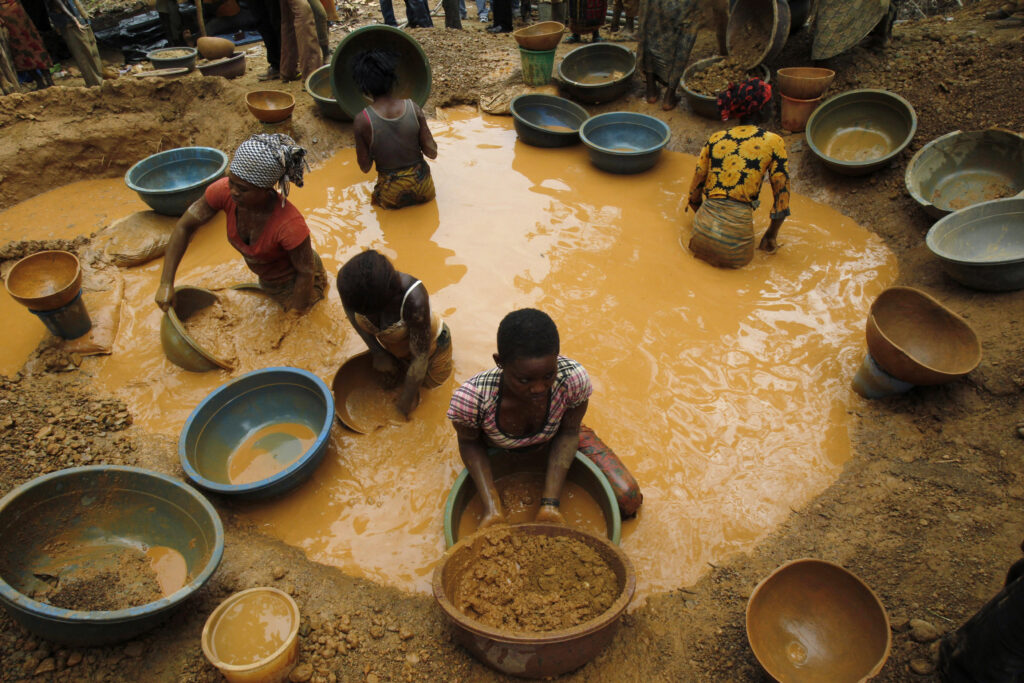
A four-year project aimed at eradicating some of the worst forms of child slavery in three African countries launches today, the International Day for the Abolition of Slavery (December 2nd). Over 12,000 children are set to benefit from the project, which will leverage cross-sector partnerships including NGOs, law enforcement, and global corporations, while building a children’s agency to advocate for their own rights.
By addressing corporate practices, where forced child labour exists in many supply chains, strengthening legislative frameworks, shedding light on the issue through media coverage and empowering survivors to articulate their experiences, the project aims to change the lives thousands of children suffering terrible abuse and denied basic human rights.
Headed by international aid agency World Vision UK, the work is being funded through a £12.5 million grant from the UK Department for International Development (DfID). The project will focus on Ethiopia, the Democratic Republic of Congo (DRC) and Central African Republic (CAR), with its impact expected to influence practices on a global scale.
Penny Mordaunt, Secretary of State for International Development, said: “There are more than 40 million victims of modern slavery worldwide, a quarter of whom are children. This is nothing short of a global tragedy.
“Partnering with World Vision and War Child, the UK is prioritising the protection of children from the worst forms of child labour and trafficking. Through our UK Aid Connect programme we are helping businesses root out child labour from supply chains, educating children on the often-hidden risks of trafficking and helping provide a platform for their experiences to be heard.
“Child labour and trafficking is a shameful stain on our global conscience and together, we must stamp it out for good.”
Tim Pilkington, CEO of World Vision UK, said: “Forced labour robs millions of children of their childhoods over the world. Children as young as five are coerced into working long hours on back-breaking tasks. They are forcibly recruited into armed conflict, used in prostitution or pornography, trafficked or engaged in dangerous manual work like mining. Many children are also physically and sexually abused.
“This programme will have global impact, giving countless numbers of physically, emotionally and psychologically-shattered children the hope of a real childhood again. We must amplify their voices and allow them to demand the changes they need.”
World Vision UK will lead a consortium of organisations, including War Child UK, the Thomson Reuters Foundation and other partners.
The programme, which will begin in the summer of 2019, will also include:
• A mentoring scheme to support local lawyers, policy makers and other government officials to help tackle child labour at a national level.
• A reintegration scheme to help children rescued from child labour.
• The provision of appropriate, safe, sustainable livelihood alternatives for families
• Mobilising the business sector examine its supply chains, identify and share best practice and strengthen its own operations accordingly.
Rob Williams, CEO of War Child UK, said: “It’s not acceptable that children all over the world are having their childhoods taken from them. What they experience now will stay with them for life so it’s vital that we provide the support they need. Working together with World Vision and the other organisations will allow us to change even more lives.
“Alongside this work we also have a responsibility as organisations and people, with the support of the UK government to create opportunities for the voices of children to be heard. No one knows better about what affects them most than they do. After this our most important job is to listen, only then can we deliver the change that is required.”
Monique Villa, CEO of the Thomson Reuters Foundation, said: “The Thomson Reuters Foundation is proud to contribute our expertise to this project. We will shed light on the issue of child labour through our dedicated team of journalists, we will spread journalism excellence through our training programmes, and we will enable access to justice through TrustLaw, our pro bono legal network. 25% of the 40.3 million slaves in the world are children and we all have the responsibility to fight this crime, the worst of all human crimes.”
More News
View All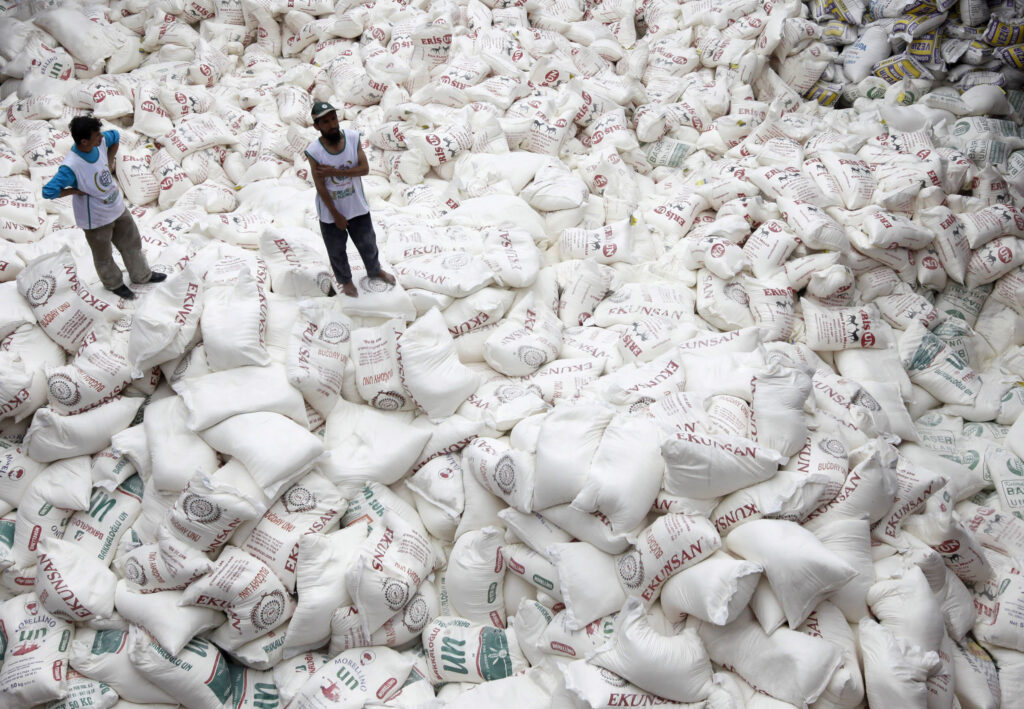
Legal needs are rising for NGOs amid attacks on civil society and funding cuts, our latest report finds
Our new report finds that legal needs amongst NGOs have risen significantly over the last…
Read More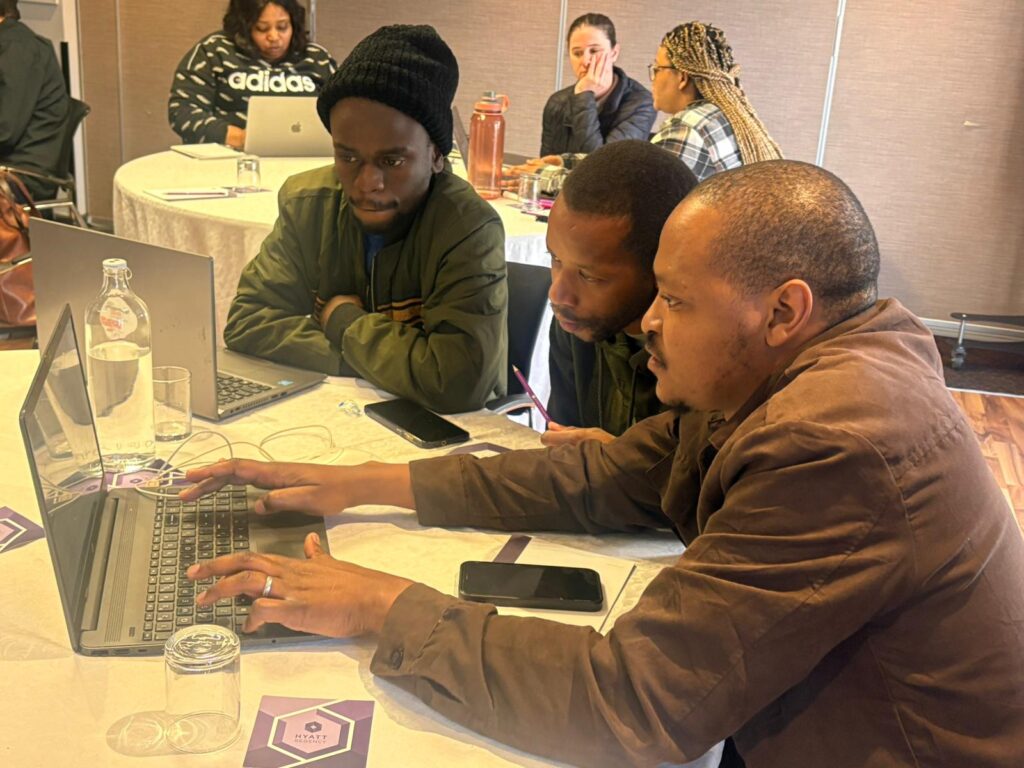
How South African newsrooms are benefiting from strategic and ethical AI adoption
We have…
Read More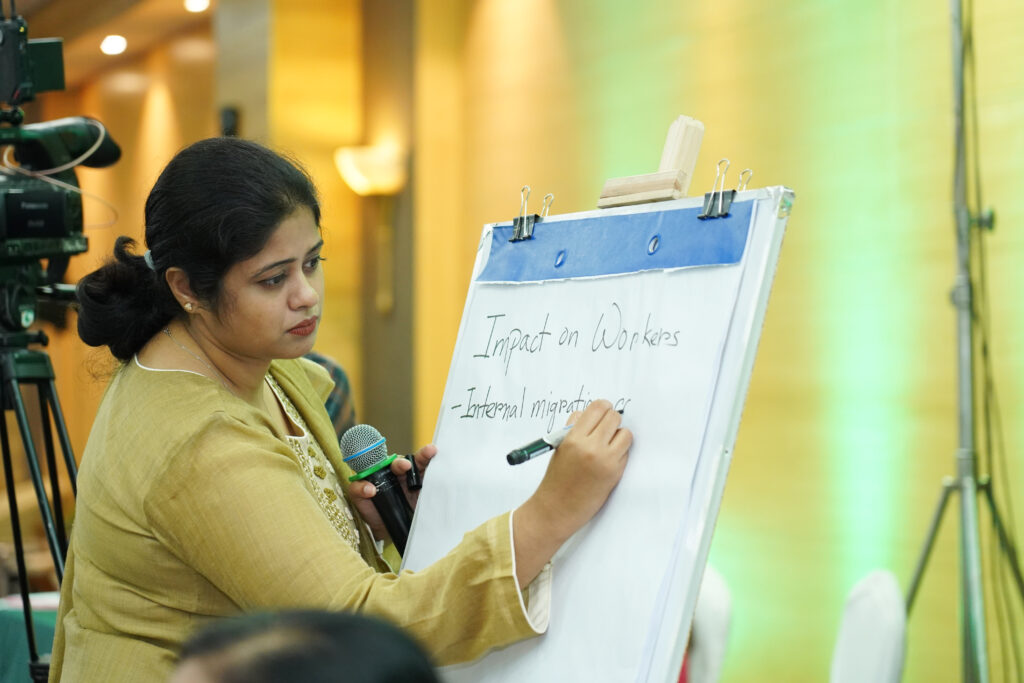
World’s largest dataset shows transparency gaps in AI adoption
The Thomson Reuters Foundation…
Read More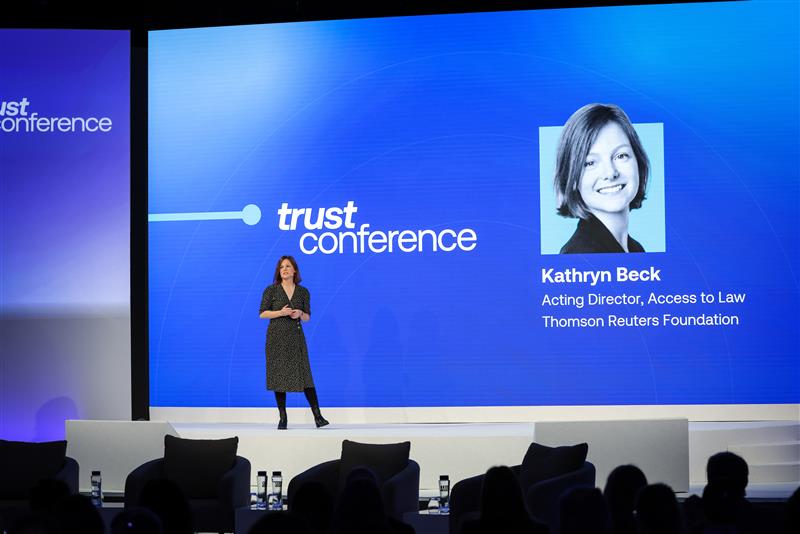
The authoritarian playbook in action: Insights from Trust Conference 2025
Learn our Acting…
Read More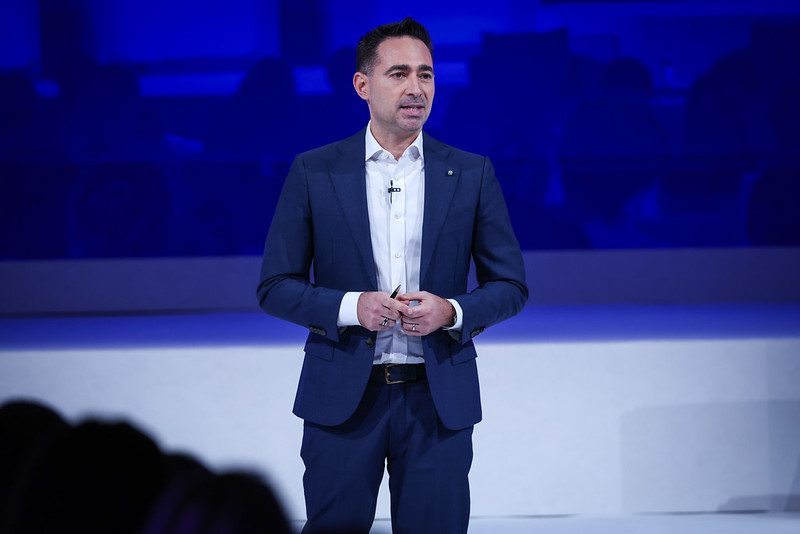
Antonio Zappulla: Technology is redefining power, information and influence. What is at stake?
View our CEO Antonio Zappulla’s opening remarks for Day Two of Trust Conference…
Read More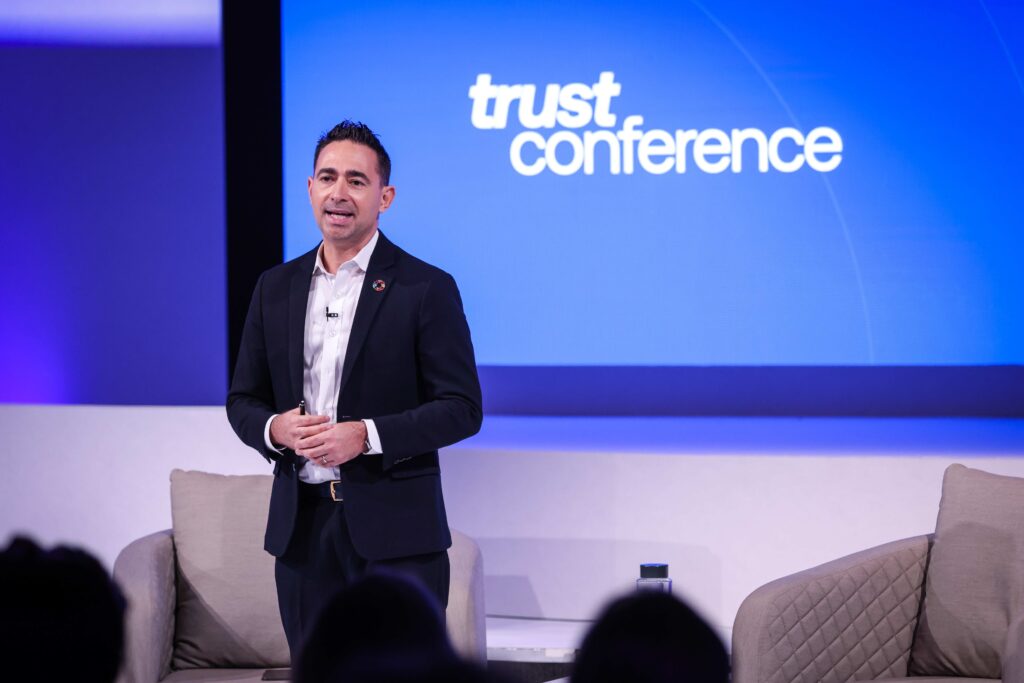
Antonio Zappulla: Three key drivers are reshaping the world and eroding democracy
View our…
Read More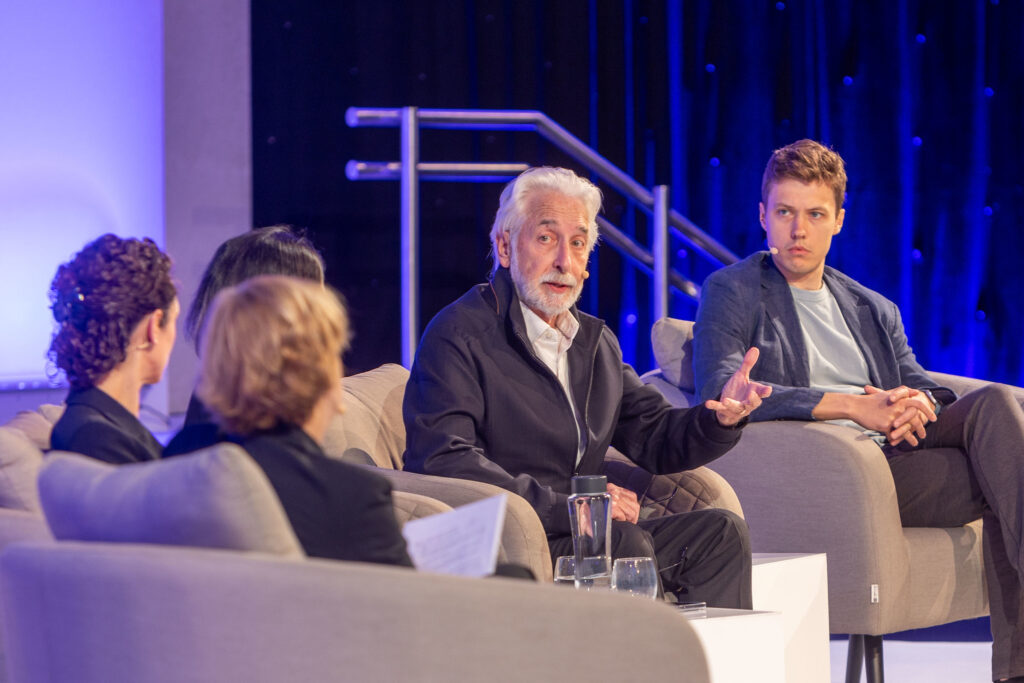
Trust Conference 2025: Disinformation, lawfare and aid cuts — Civil society’s fight for survival
Trust Conference, the annual flagship forum hosted by the Thomson Reuters Foundation,…
Read More
Professor Can Yeğinsu joins Thomson Reuters Foundation Board of Trustees
We are delighted to…
Read More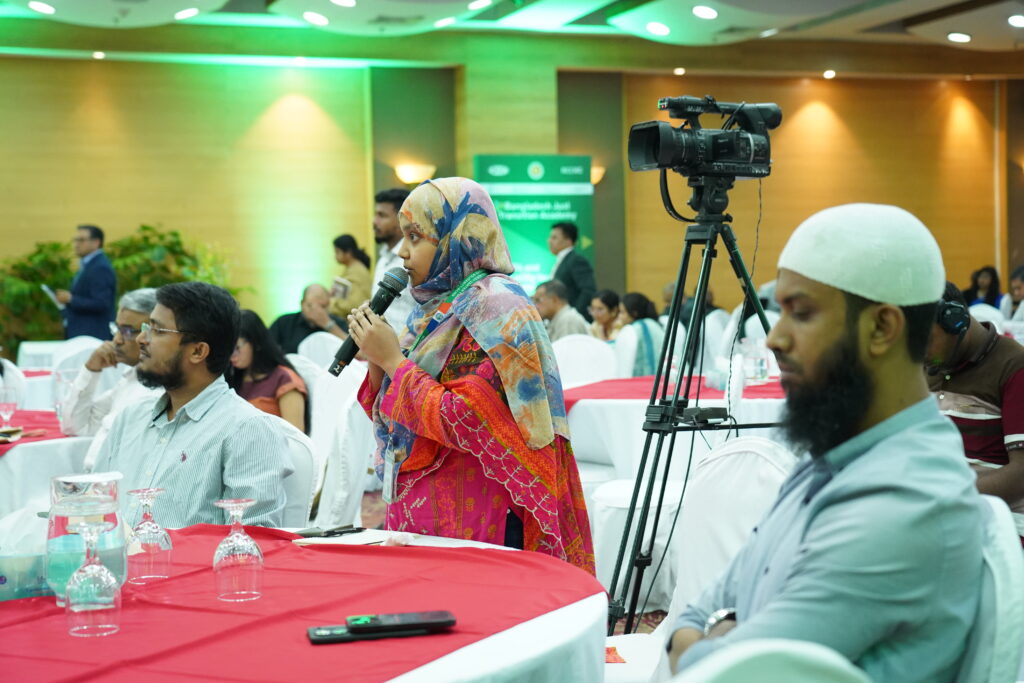
Top priorities for Just Transition in Bangladesh
In one of the world’s most climate-vulnerable countries, a just…
Read More
AI Company Data Initiative drives transparency on corporate AI adoption
Now open for company…
Read More

